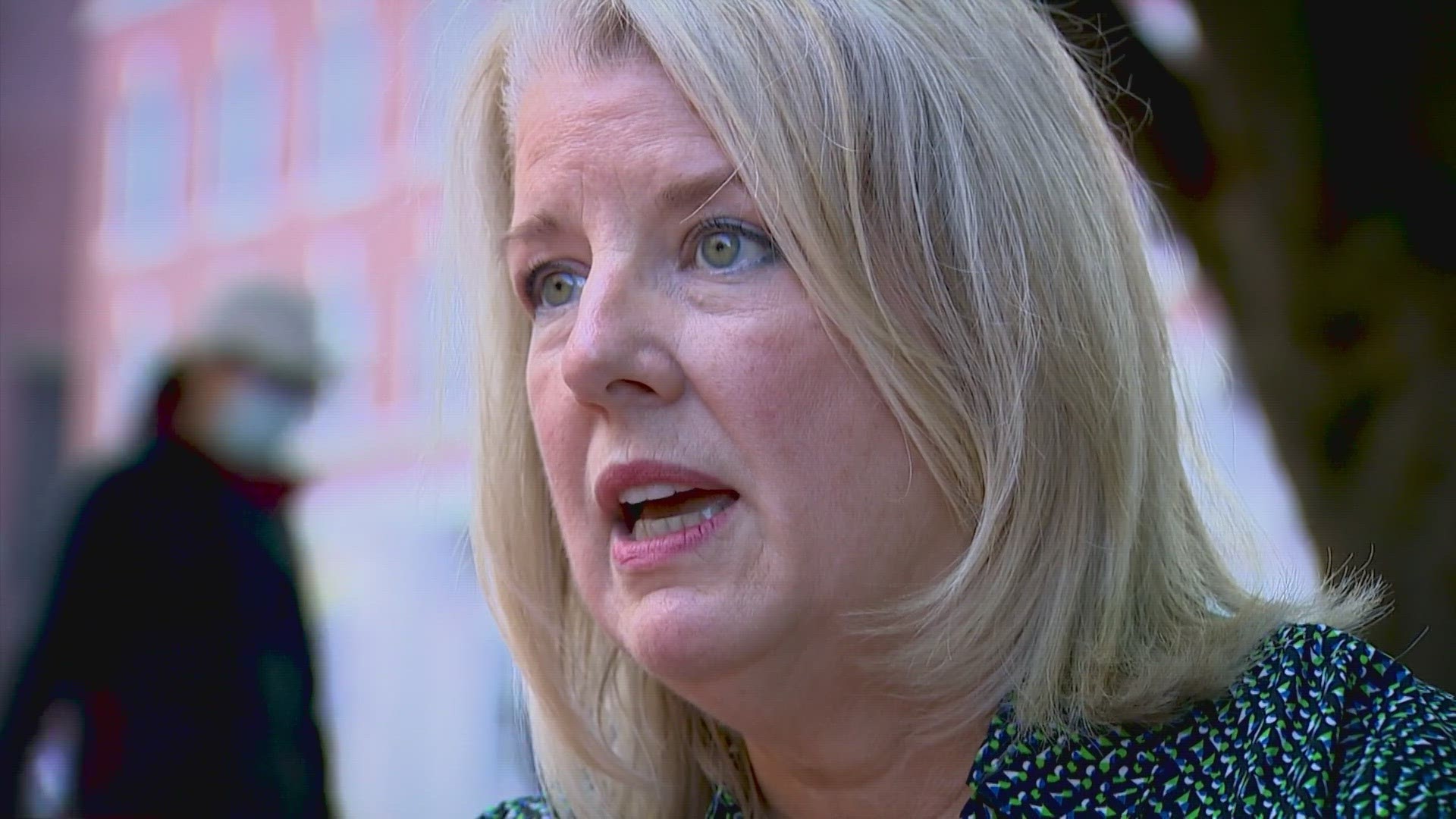SEATTLE — It had been 22 years since the City of Seattle hosted an event as big as the MLB All-Star Game, and on July 12, that spell was broken.
Two weeks later, the woman responsible for securing the sought-after bid sat down with KING 5 to reflect on the weeklong baseball event that put the Emerald City on a world stage.
Beth Knox, CEO and president of the Seattle Sports Commission, said Seattle most likely reached its goal of $50 million in revenue generated, with more than 100,000 people in attendance.
"The week of activities, we think, was a really great success. We saw it as a tipping point for revitalization in downtown Seattle," said Knox.
Certain business owners in Pioneer Square and various parts of Chinatown-International District previously told KING 5 that they felt excluded from that revenue, despite the fact that both the MLB and the Mariners said it would be "the most inclusive" All-Star event ever.
"There are lots of learnings from it. One of the things that we think we can do better is bring information about these events to the neighborhoods earlier," said Knox. "It absolutely can be more inclusive. We know that."
Knox was also in charge of securing the upcoming NHL Winter Classic for Seattle on New Year's Day in 2024, as well as the FIFA World Cup in 2026.
Moving forward, how can they ensure the economic impact reaches more businesses?
"Our desire is to learn from each of the businesses what their experience was, and what tools they need for future events," said Knox.
The Seattle Sports Commission did host stakeholders in a summit about All-Star Week in April, but one of the things she thinks they can do better now is "bring information about these events to the neighborhoods earlier."
She plans to engage and collaborate with business owners, agencies and other stakeholders in downtown Seattle, especially near the stadiums.
"Our primary focus are the neighboring areas," she said.
She hopes to get creative with promotion.
"Can we guide them to specific neighborhoods in different ways?" said Knox. "How do we most efficiently engage the fan, to inspire them, motivate them to come to the various neighborhoods on their way or leaving the sporting event?"
During the event, Tanya Woo, a CID advocate running for city council, said she felt the green directional arrow stickers placed on the sidewalk were leading people out of the CID, contributing to slow sales.
KING 5 asked Knox about those stickers.
"That was something we supported," she said. "What the Sports Commission and Visit Seattle and the city did, was update the virtual maps and the digital maps to include the Chinatown-International District because we knew that we wanted to direct people through these neighborhoods. So how do we more intentionally do that in the future? I think that is a great case study," said Knox.
For the fans, however, Knox said she believes the event was highly inclusive.
"You didn't have to have a ticket to the All-Star Game or the Home Run Derby in order to experience all that was happening here," said Knox. "That part was a success. Now how do we get them into the businesses? That's the next question."
Knox said they are still crunching the numbers showing specifics about consumer behavior that week, but she plans to share those insights at a stakeholder summit on September 20.
Meanwhile, with the NHL Winter Classic at T-Mobile Park approaching in less than half a year, she said the commission is already engaging with the community sooner than they did for All-Star Week.

